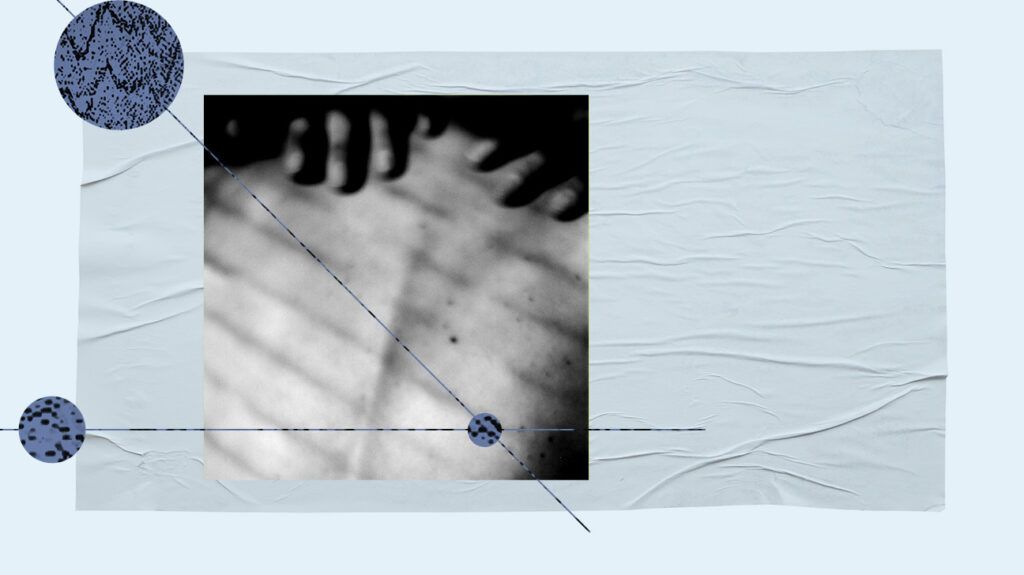Lupus myelitis is an inflammation of the spinal cord, which can occur as a rare complication of lupus. It can cause weakness and pain. Prompt treatment is important to prevent the condition from progressing.
Some people with lupus may develop myelitis, but this is rare. Lupus is a chronic autoimmune disease that affects multiple areas of the body.
Myelitis is inflammatory damage to the nerve pathways of the spinal cord, which forms part of the central nervous system (CNS). Lupus myelitis can affect any part of the spinal cord. It can even cause transverse myelitis, which is inflammation across both sides of the spinal cord.
The symptoms can cause certain sensations and sensory changes to occur. Transverse myelitis causes complete weakness and loss of sensation on both sides of the body below the affected level.
This article looks at the symptoms, causes, diagnosis, treatment, and outlook for lupus myelitis.

According to a 2023 review article, myelitis is a rare complication of lupus and may affect 0.5–1% of all people with lupus.
Myelitis is rare in people with lupus but is
According to a
Myelitis symptoms may develop quickly, over
- weakness in the arms and legs, which may progress quickly
- partial paralysis of the legs, which may progress to total paralysis of the legs
- lower back pain or sharp and shooting pain affecting the torso, legs, or arms
- sensory loss or abnormal sensations, such as tingling, burning, numbness, coldness, or tickling in the legs, torso, or genital area
- bladder and bowel dysfunction, such as incontinence, increased urgency or frequency, or constipation
Other symptoms people may experience include:
- muscle spasms
- sexual dysfunction
- general discomfort
- headache
- fever
- appetite loss
- respiratory problems
- chronic pain
- stress, depression, or anxiety
The symptoms will depend on the areas of inflammation in the spinal cord, as well as other effects of lupus.
Learn more about the signs and symptoms of lupus with pictures.
Lupus can affect the CNS, which includes the brain and spinal cord, and lupus myelitis can occur as a rare complication of CNS lupus.
A
Instead of attacking bacteria and viruses, antiphospholipid antibodies mistakenly attack proteins on the outside of the cells in the blood and blood vessels. Antiphospholipid antibodies can
Around
Learn more about cerebrospinal fluid analysis.
To diagnose lupus myelitis, doctors may carry out or order the following
- take a medical history and assess any symptoms
- MRI scan of the brain and spinal cord, which can show any damage
- CT scan of the spine to show any inflammation
- blood tests to rule out any other causes and to check for the presence of antibodies
- spinal tap, which involves taking a sample of cerebrospinal fluid from the spine for laboratory examination to check levels of proteins and white blood cells
The
People may require blood-thinning medications to help prevent blood clots if they have antiphospholipid antibodies or a risk of blood clots.
If there is lasting neurological damage, people may require rehabilitation therapy,
- physical therapy to help increase range of movement and flexibility, improve bladder and bowel function, and improve coordination
- occupational therapy to learn new ways of carrying out everyday tasks and maintaining independence
- vocational therapy to help develop work skills and get workplace accommodations
- psychotherapy to help support mental and emotional well-being
Learn more about treating, managing, and preventing lupus flares.
According to a
Early treatment is essential. A delay in treatment of more than 2 weeks may link to poorer outcomes.
Higher levels of lupus disease activity and severe initial myelitis symptoms may link to a less positive outlook.
In some cases, neurological problems may be permanent or recur. A treatment period of more than 2 weeks with corticosteroids and slowly reducing corticosteroid treatment may help prevent lupus myelitis from recurring.
Without treatment, lupus myelitis may progress. After treatment, lupus myelitis may relapse. It is important to monitor any symptoms and talk with a doctor if any symptoms return or worsen.
Lupus myelitis is an inflammation of the spinal cord that can occur as a rare complication of lupus.
Lupus myelitis can cause weakness, pain, or abnormal sensations that may affect the back, torso, legs, or arms. People may also have other symptoms, such as bladder and bowel dysfunction, sexual dysfunction, or muscle spasms.
Prompt treatment of lupus myelitis is important to help prevent the condition from progressing and to improve outcomes. Treatment involves a course of high dose corticosteroids and IV immunosuppressant medication.
People will need to contact a doctor if they have symptoms of lupus myelitis or experience symptoms after treatment.


